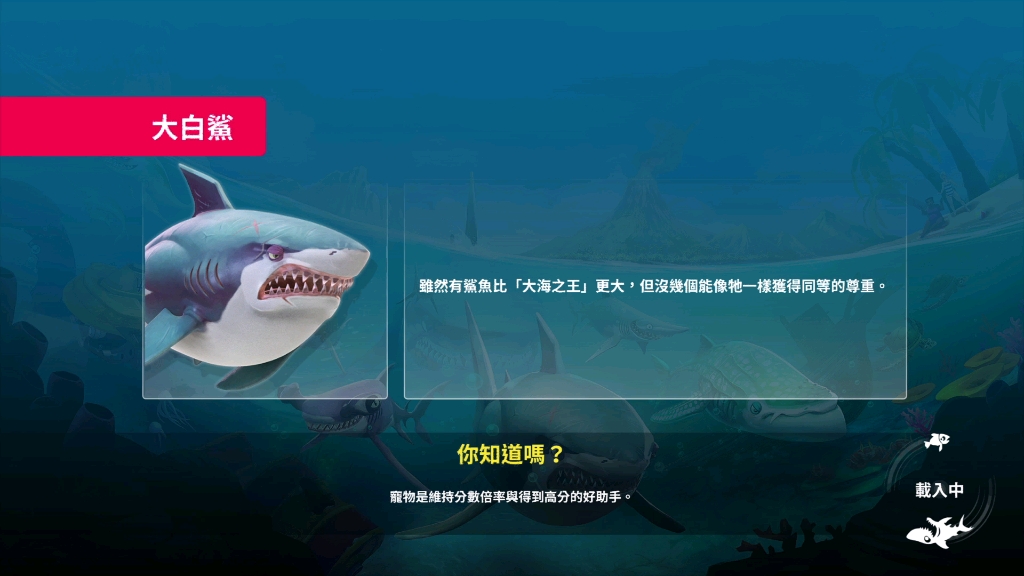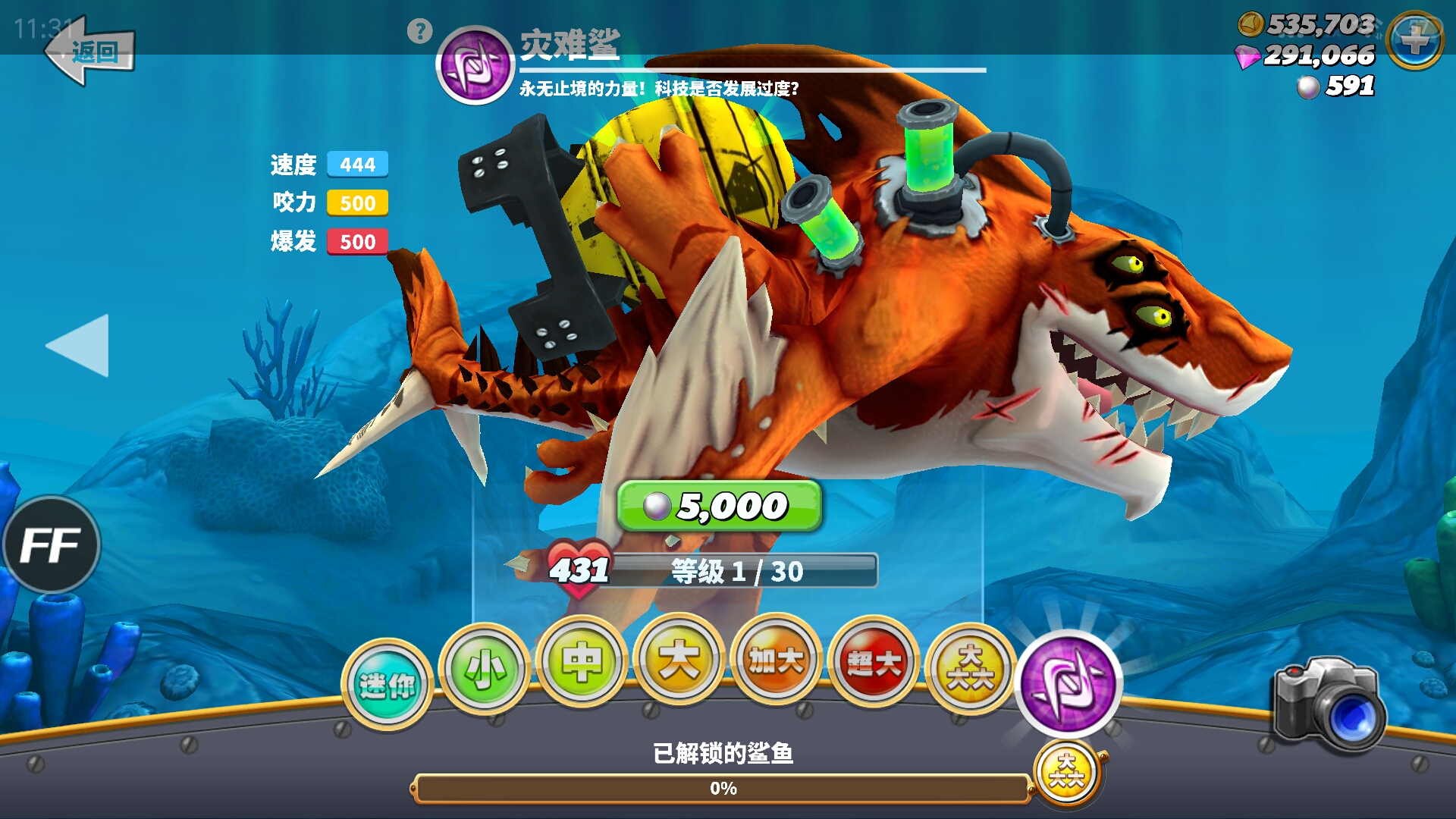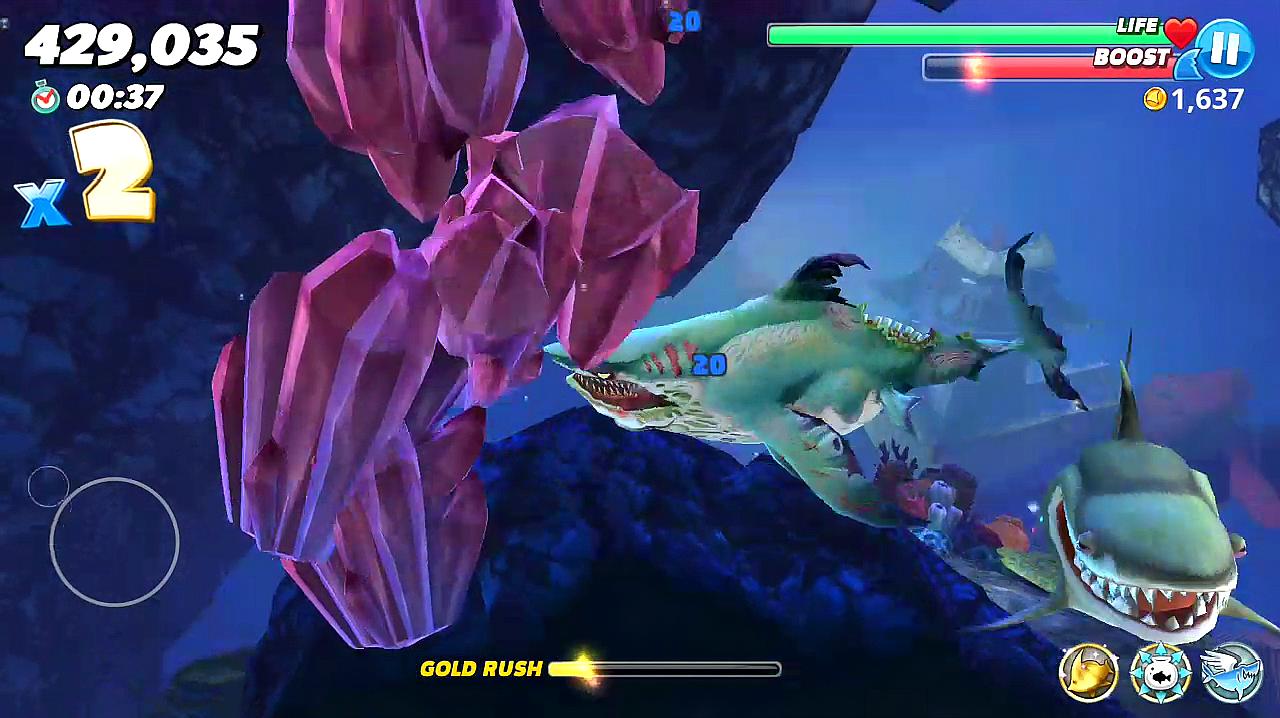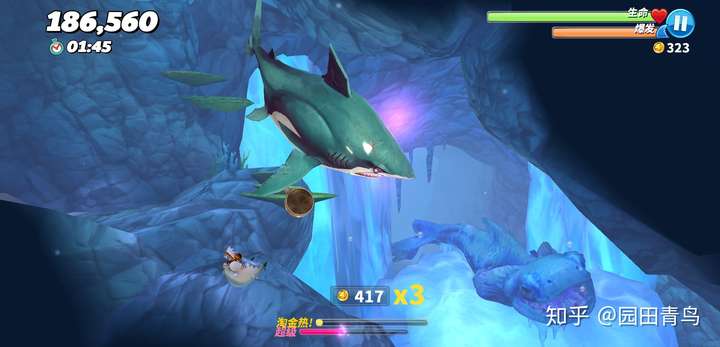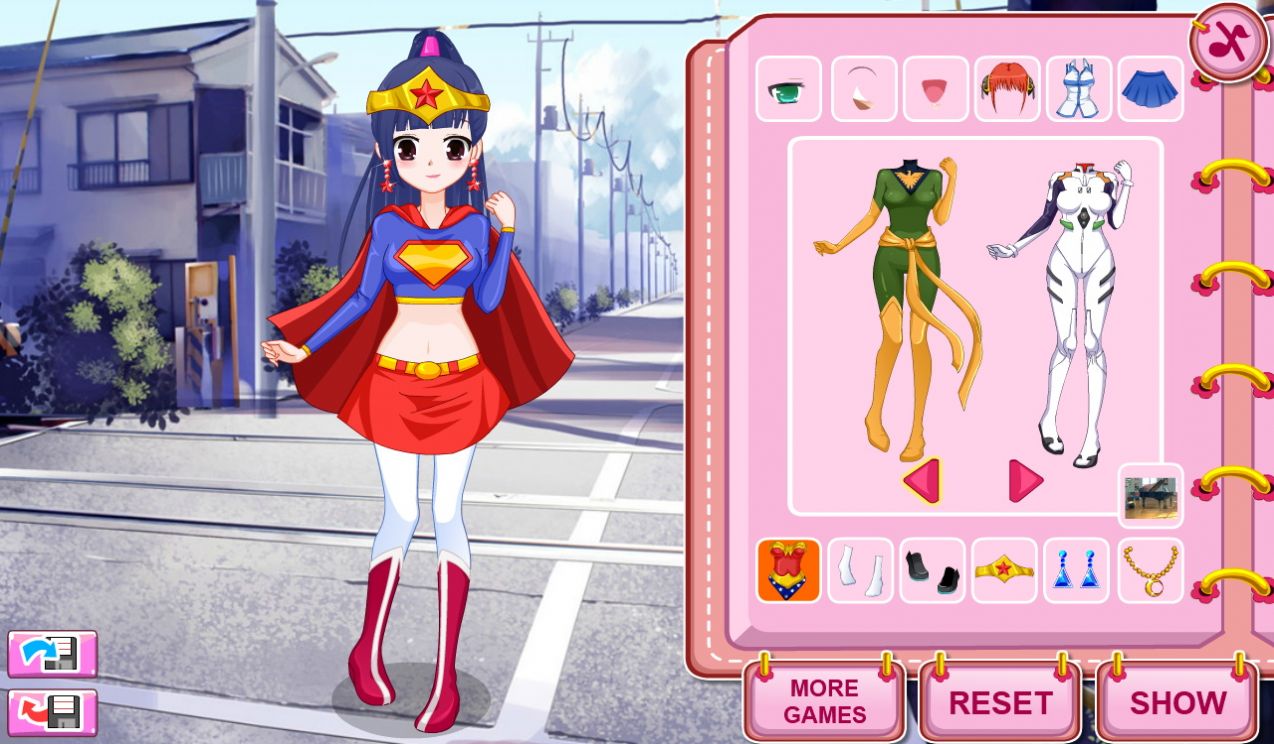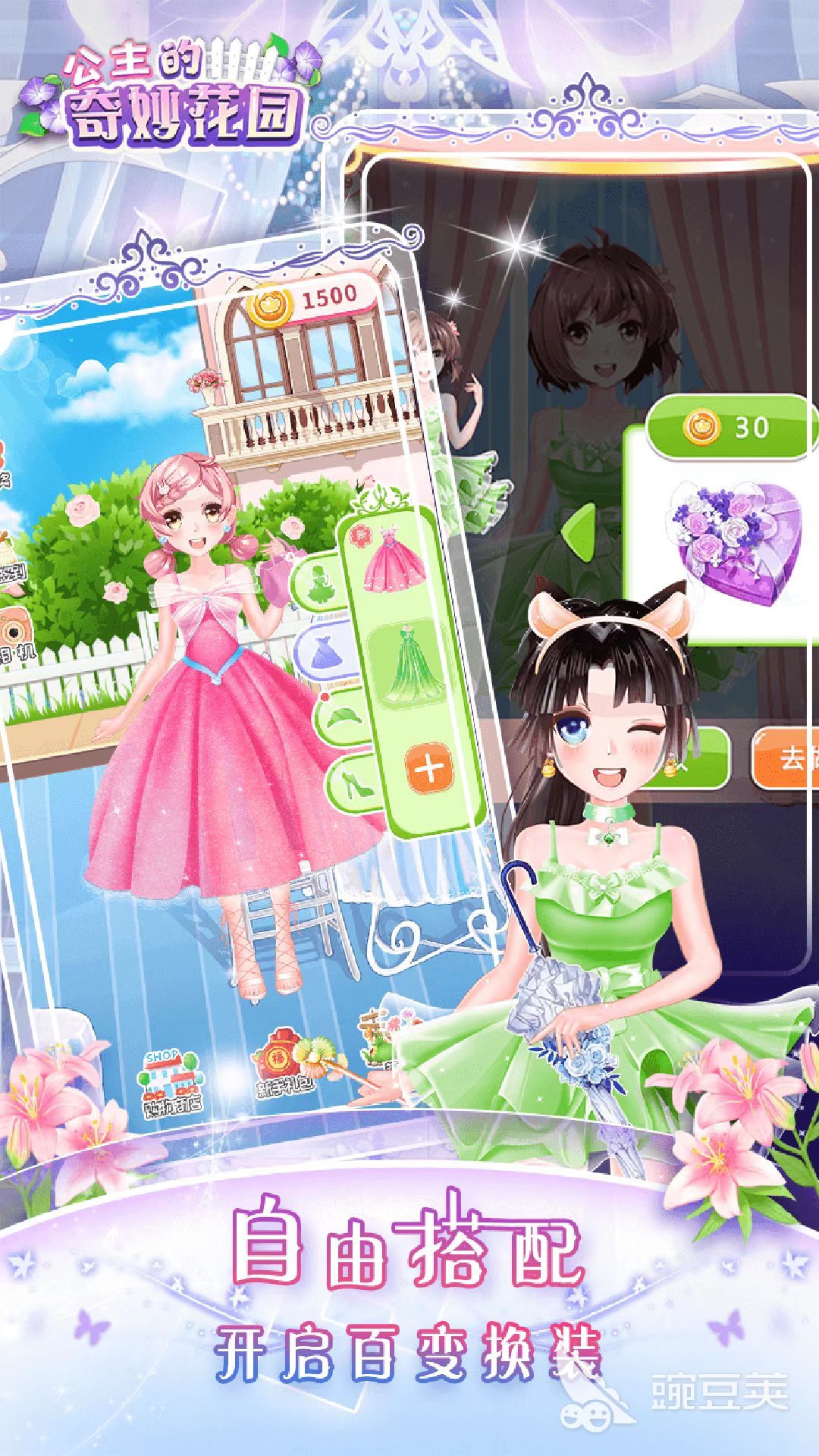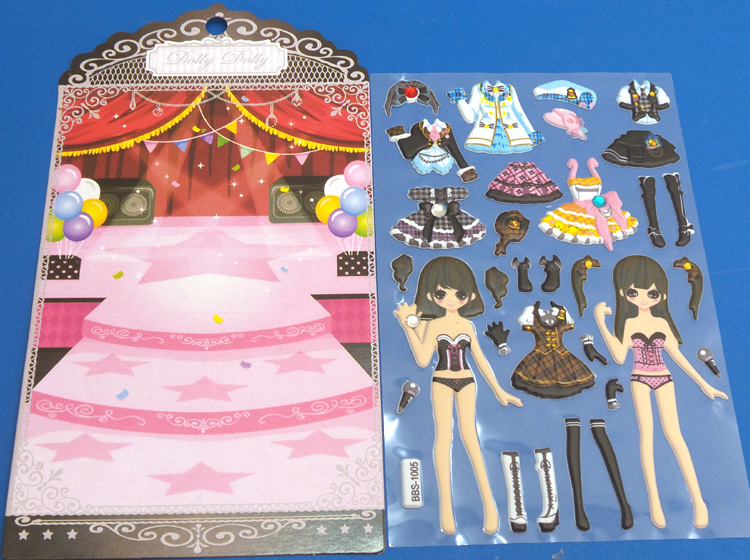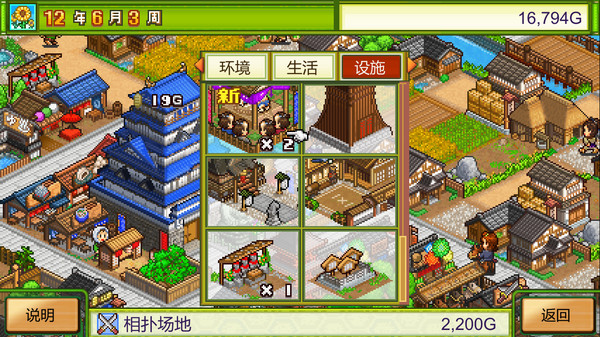I sometimes post videos of my brother and sister playing the piano for fun on Weibo, and parents often ask me, how can I guide their children to fall in love with playing the piano?
My opinion on this issue is:
Only after agreeing with this premise can we proceed to talk about "how to make children fall in love with piano."
What methods did I use to get my children to fall in love with the piano?
1. Choose a teacher who is consistent with your own views and will not cause children to be resistant.
So far, I have had a total of three piano teachers. They are all very amiable people and are deeply loved by the children. Teacher Z kept him interested in piano in the first two years of piano learning. Teacher F made him develop a strong interest in piano and expressed his interest in composing during more than a year of teaching. The last teacher Y, then Ling and Keira's technology has made great progress.
The summary of this process is that teachers are very important.
Every teacher has his own characteristics. In addition to the teacher's excellent teaching ability, I feel that the most important thing is that her educational philosophy should be consistent with mine, and she should have good ideas and methods, and pay attention to cultivating children's interests. I feel that teachers who blindly use harsh attitudes and workloads to pressure children (and parents) to "achieve results" cannot be considered good teachers. On the contrary, they will arouse children's resistance and even cause childhood shadow.
The Music of Life, Rusch, by:
Piano teacher Z in Beijing is a young girl with a baby face and a sweet smile. Most of her students are small children. She is very patient and tolerant, and does not overemphasize fingering exercises. She can complete the assigned homework in 15 minutes. I accept her approach very well. It’s not that fingering is unimportant, but it means that you can keep the green hills and don’t worry about running out of firewood. Think about it, Chinese children learn piano at an early age. It is not easy for a four or five-year-old child to sit in front of the piano bench for one lesson. Plus the daily practice… If it is too boring and hard, "holding eggs" every day, it will definitely We have to drop our picks and engage in confrontation. This is a bad start.
In short, because of Teacher Z, I maintained a certain interest in piano during the first two years of learning piano, and I had no objection to practicing piano.
After arriving in Hong Kong, a friend recommended F, a teacher here. She originally graduated from the piano department of Xinghai Conservatory of Music. She later obtained a master's degree in music education from Hong Kong Baptist University and stayed in Hong Kong to teach piano. Despite her young age, she has a lot of experience in teaching piano: she has won numerous awards in piano competitions since she was a child, and she started teaching part-time at the age of 14. Before coming to Hong Kong, she had been teaching piano at the Guangzhou Children's Palace, so she has taught all the piano children she has ever seen. Too many.
The characteristic of this teacher is that he has theories and methods, and does not overemphasize fingering, but emphasizes the understanding of music. She believes that technical problems can be solved slowly during the piano practice process. I admire her philosophy and enthusiasm for music education very much. We communicate frequently and have a lot in common.
During the more than a year she taught, she suddenly developed a strong interest in piano. She took the initiative to practice the piano every day and asked questions while learning. He also began to show an interest in composition, writing his first compositions and developing a passion for harmonizing. Of course, another reason for this is that he has been studying for two years and finally learned some beautiful and interesting classical music. His feeling for music suddenly enlightened him. Teacher F gave him great encouragement and technical support for his musical enthusiasm and attempts. It was also during this year that my sister also began her musical education.
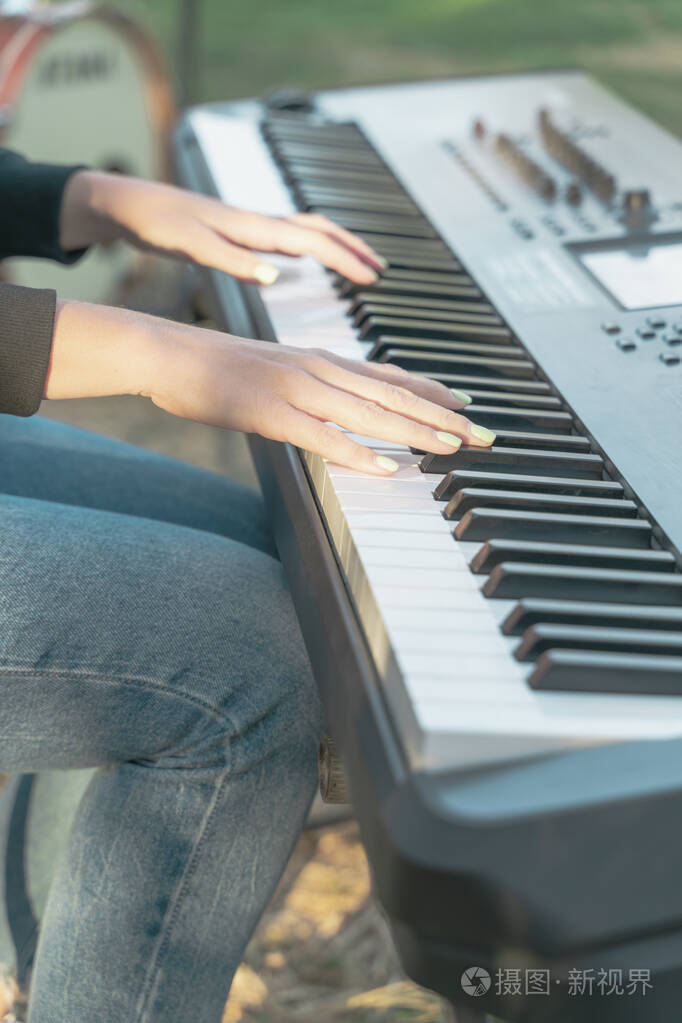
The two children studied with Teacher F for more than a year. One day she told me that she decided to accept a scholarship and go to France to study DEM (equivalent to a doctorate in music). So she introduced us and several other students to a teacher, Y, and asked him to continue teaching for her in the past two years.
The Music of Life, Rusch, by:
Teacher Y, who has a fair face and a youthful appearance, graduated from the Shanghai Conservatory of Music in his early years and was a classmate of Lang Lang's mentor. He has been living in Hong Kong and Canada since the Cultural Revolution. She is a particularly rigorous, responsible, open-minded and respectful senior. And, she really loves children. Although the requirements are relatively strict, he is always patient and kind and not anxious at all.
Teacher Y’s style is different from Teacher F. She will emphasize fingering and technical exercises. In the nearly one year since she took over, Keira and she have made great progress in technology. Under the joint guidance of Teacher Y and Teacher F, I participated in the most authoritative inter-school piano competition in Hong Kong for the first time and won the second prize. Both brothers and sisters have also performed on stage on different occasions. With some stage experience, they are more motivated to practice piano.
When it comes to competitions, Teacher F and Teacher Y have different opinions. Teacher F has participated in various competitions since she was a child, and she deeply feels that competitions are beneficial to the enthusiasm and technical improvement of playing the piano, so she encourages her students to take exams and participate in competitions (it doesn’t matter if they really don’t want to). Teacher Y believes that stage experience is important, but grade examinations and competitions are dispensable. However, the educational philosophy of these two teachers is exactly the same, that is: the only purpose of learning piano is to improve musical literacy. This concept and starting point determine their teaching methods.
2. Pay attention to the process and protect children’s inner drive to love music.
Music is art, and all art should give people good feelings, inspire imagination and enthusiasm, rather than bring disgust and pain. Of course, everyone, including those geniuses who taught me how to appreciate rice, applies to the "10,000 hours principle". Without practice, you can't learn an instrument, let alone use it to express the feeling of music. Teacher Y often said: She never encourages students to take a professional path because it is too difficult. Fu Cong is over 80 years old and still goes into the piano room to practice early in the morning with his music score and an apple, and doesn’t come out until the afternoon…
However, music education is also education. How to make this "practice" process passionate and inspiring, and finally get better results, is the test of the educator's level. As a parent, you should first ask yourself, why do you want your children to learn piano? What exactly are your expectations for your children?
If I were asked to choose between education for the purpose of leveling and education for the purpose of interest, I would choose the latter.
I know a few Chinese friends, and I have known them for a long time. I learned that they all passed the piano level 8 or 10 when they were young. Why didn't I know? Because they never mentioned the piano, they didn’t have a piano at home, and they wouldn’t feel itchy to play a piece of music when they came to my house. When asked, the answer is basically: after passing the exam, I will never touch the piano again. Just think about how much blood, tears and trauma there is behind this.
On the contrary, among foreign friends who have been more involved in learning the piano before, they basically still play it as a hobby, and some even develop into playing various instruments. But now I am surrounded by parents of piano children who share my philosophy. Their children all love playing the piano, and some also like to compose music. A friend's daughter went to the famous all-girls school Wesleyan. It is said that there are dozens of pianos scattered around the campus for everyone to entertain themselves. A piano is often placed in European stations to allow passengers waiting for the train to show off their skills. A good player will receive applause from everyone…
This is the difference between interest and leveling. The love of music is one of the highest human emotions. I would love to open this door for my children when they are young. And the piano is a good key to open this door. Because of this, it is difficult for me to imagine combining the process of learning piano with sticks, scolding and tears. I hope they love playing the piano and love it for the rest of their lives. Just play it because you like it, not for any other reason. I feel that only this "purpose" can make it worth the time, energy and money that my children and I have spent over the years. No other purpose is worth it.
As for grade examinations and competitions, they are just means and not ends. To put it bluntly, there are too many people learning piano these days. When filling out the form for applying to a school, people will ask you, "What musical instrument do you master besides the piano?" Unless it's an important award, piano competitions and exam results are no longer helpful for further studies. If you want to join the school band in the future, you will find that there are few positions for piano (of course, it is not difficult at all for children who learn piano to learn wind instruments).
So, if learning piano is for utilitarian purposes, I think it’s okay. Don't always talk about Lang Lang. Lang Lang is an unprecedented genius with great passion for piano. Yundi Li can't compare with him, and it has nothing to do with us.
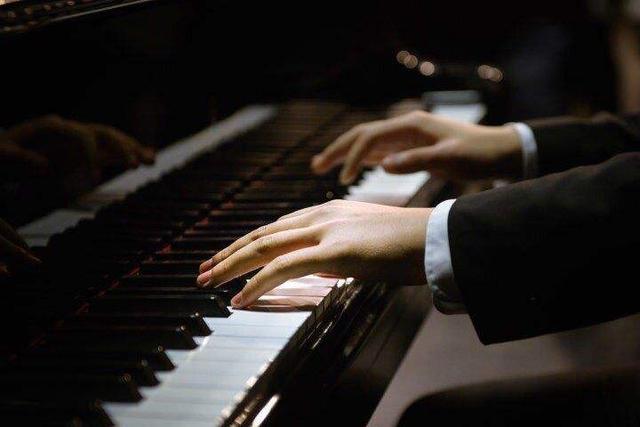
On my sister's birthday, my brother specially gave her a song called "Innocence" by Bugmuller.
In addition, the reason for emphasizing the process rather than the results is because I hope they will get used to doing and learning something out of intrinsic motivation, not just for external reasons. I think this can make things long-lasting, effective and meaningful. My young children once taught me a solid lesson.
When he was more than five years old, I once said to him: Huihui (his classmate) has just started learning piano with Teacher Z, and she has almost caught up with you. You have to hurry up! He immediately said: "I don't learn piano to compete with others." Yes, it's better to practice slowly and increase your skills slowly.
The Music of Life, Rusch, by:
So how to maintain their inner drive?
When they are young, since they are not yet determined, I will try to avoid antagonizing playing the piano with other things, "Can't go, you haven't practiced the piano yet", "Can't do it, you haven't practiced the piano yet"… turning the piano into If it becomes an obstacle to happiness, unnecessary resistance will arise, so even if it is the case, I will not say that. When I was a kid, we once invited a friend to play in the suburbs. It was a great time, but then I pulled him home because his piano lesson time was about to come. He immediately challenged me: Why should I learn piano?
In fact, I communicated with him at the beginning: Piano is the key to opening the door to music. Listen, piano music is so beautiful, but without practice, you cannot gain this freedom of expression. He recognized my statement and gradually understood it during the process of learning piano, so I did not need to supervise him all the time.
During the first two years of learning piano, I treated it as a weekly game. I usually practiced according to the teacher's requirements, which lasted only fifteen minutes a day. Sometimes he is busy with other things and forgets, or comes back too late, and therefore does not practice. I will tell him that he should practice more tomorrow, and then I will remind him to practice more the next day. Later, as the songs became longer and longer, the practice time also became longer and longer. Now I practice for 40-60 minutes every day. Sometimes he would play the songs he had learned before after completing his homework for the week, which would take longer. But no matter how long they practice, he and his sister can basically insist on taking the initiative to practice piano every day. Sometimes they will become dissatisfied because "Why are you still playing? It's my turn." I'm very satisfied with this.
That time, when it was almost the weekend, my sister discovered that she had forgotten to practice an etude, and had forgotten how the teacher taught it, and she burst into tears. My brother knew about it and rushed over to help.
3. Hobby is hobby, treat the piano with a relaxed attitude
As I said before, what should be cultivated in children is their love for music, rather than mechanical piano learning. There are so many things you can do in the field of music: listen to different styles of music at home, go out to concerts, learn vocal music, chorus, wind instruments, string instruments, percussion instruments, join a band… Recently, the children have learned the flute in music class. I really like it, I carry it with me everywhere, and I blow it every day when I come back. The school bus company can't take it anymore. Please stop playing the flute on the school bus…
In contrast, many parents often mistakenly believe that there is only one way to learn music. Take playing the piano as an example. Parents regard playing the piano as a necessary and arduous task and assign it to their children. They spend money to buy the piano. Return. If children express that they don’t like learning, they will feel that it is a waste of their lives to give up halfway and is absolutely unacceptable.
The Music of Life, Rusch, by:

Come on, it's just a hobby, why can't it be abandoned halfway? Do you still keep your hobbies from childhood? In my opinion, the technical bottleneck can be overcome slowly with the child, encourage him more, give him time, or let him temporarily break away from the original teaching materials when he is tired of learning, and play something good that he likes. However, if you encounter someone who is really not interested, of course you can give up or try something else. There is no need to force it. Don’t ruin your child’s possible interest in music, and it might even create a parent-child relationship.
I remember one time I posted a video of my younger sister playing the piano, and a netizen left a very rude message saying: After studying for so long and still playing so poorly, it’s time to change the teacher! In fact, I have watched the performances of children of the same age and know that my sister's level is very normal. What's more, every child has different talents, so it doesn't matter even if they are really bad at playing. But these are not the point. The point is, if you criticize other people’s children so deliberately and have a bad attitude towards your own children, can that child like to play the piano? If you don’t like playing the piano, what’s the point of playing “well”?
On the other hand, American parents have a very relaxed attitude. The children's cousin studied piano for several years when he was a child, but later stopped learning when he lost interest and focused on his favorite sports. My cousin only started learning piano when he was more than six years old (this age is very normal in the United States, but it is considered too late in China), which is very like. But after practicing for a few years, she said she wanted to learn clarinet, and my sister said OK, let’s learn it. Just put down the piano. After learning clarinet for a year, she said she still liked piano, so she came back to learn it…
In the United States, it is rare to hear of children taking exams or participating in competitions, but there are quite a lot of opportunities to perform. It may seem casual and the atmosphere is relaxed, but there are many music-loving children in the school, and various bands and choirs are active. There are ordinary people who are enjoying themselves, and there are also top talents who stand out. In fact, it’s not just about musical instruments, it’s also about other things, so the American education system is particularly good at producing talents, all kinds of talents. Hobbies are hobbies, and parents should not be overly involved except to encourage and support the development of interests.
Of course, as long as the method is appropriate, interest and practice are not contradictory. As long as the amount of tasks assigned by the teacher is done, they should be able to complete it. Because they are children who love to play the piano, technical problems are actually easy to solve.
The Music of Life, Rusch, by:
The above are my words as Qin’s mother and are for reference only. Below are the piano education issues I compiled that Teacher F discussed with me on WeChat. This is the opinion of professionals. I hope it can give you some inspiration.
Advice from professional teachers on piano learning
To learn piano, you must first get rid of the misunderstandings of Chinese-style piano learning.
Misunderstanding 1: Learning piano is an investment, and there must be some return
"You said that you value the process but not the results. This is a wise parent, because in fact the results come naturally from the process. The vast majority of parents of Chinese piano children pay too much attention to the results. More than ten years ago in Guangzhou When I was teaching piano at the Children's Palace, a student's parent said in front of me: I have invested so much money, I must see some results!"
This is treating playing piano as a stock investment, hoping that it will appreciate in value.
Misunderstanding 2: Now that you have started learning, you must learn better than others
Why did this mother say this because her child lost to another student of mine in a game. Many Chinese parents’ anxiety actually comes from comparing themselves with others. Later, I saw how American children learn piano and how French children learn piano, and I understood: In fact, if there was no such idea and atmosphere of comparison, parents might not have so much anxiety.

The impression many domestic parents give me is that they are depressed and anxious. To put it more deeply, it means a lack of love for life and life. This may also have something to do with the entire social environment: many Chinese parents’ anxiety actually comes from comparing themselves to others. I invested the same money and energy as others, but the results were different. Piano teachers have the same problem. They will compare with each other, whose student is doing well and whose student has won the prize. This is also a kind of competition, and this competitive pressure will be delegated to students.
Misunderstanding 3: You said you are interested? Then let’s practice hard!
When a child asks to learn piano, Chinese parents usually ask the child: Are you interested? I will buy you a piano only if you are interested. In fact, interest is accumulated bit by bit in life. For example, when a child hums a minor tune, the parents do not say, "Oh, the tune is quite accurate." Instead, they say, "Do your homework well and don't hum the minor tune!" How can we get children interested in music?
In fact, let your child concentrate on what he is interested in without disturbing or interrupting him, so that he can slowly develop a hobby. You know, practicing piano is something that requires a high degree of concentration, so most children don't like it. Scientific research shows that most people's brains prefer relaxing things, such as playing and watching TV. But playing the piano requires the cooperation of the hands, eyes, and brain and a high degree of concentration. It is a hard job for the brain, but parents are working hard to do it. Can children not hate the piano?
Chinese people subconsciously believe that "only by enduring hardship can one become the best." They seem to be particularly keen on suffering. Difficulty means working hard and enduring hardship will make you feel at ease. Parents often tell me: Teacher, you are not fierce enough. I need to put more pressure on my child so that he can achieve results. Being forced to "study hard and practice hard" in this way, no matter how interested the children are, they will become bored with the piano.
It is very difficult for Chinese children to learn piano happily without being disturbed by others or being squeezed by parents and teachers. I have experienced this stage of education myself, so I treat different students separately: I have very good students who participate in various competitions; I also have students who never refuse exams and competitions and are willing to learn slowly. I think it's totally fine too. But the better teachers in China will think that if you don't participate in the competition, you won't get results, and you are wasting my position and resources. Therefore, what are the expectations and methods for children to learn piano require parents to have a love for life and life and use wisdom to grasp it.
The Music of Life, Rusch, by:
Piano learning is generally divided into two parts. The first part is musical sense. Musical sense includes children’s sensitivity to music, understanding of different styles of works, sensitivity to loud and quiet sounds, understanding of phrase processing and thoughts on the music (do you feel the music is quiet or lively? ), as well as singing ability (being able to feel where a melody should be strong, where it should be weak, and where it should be restrained); the second part is technique, which includes whether the fingers can be independent and powerful, whether they can run fast enough and play the music. It needs to be loud enough, and whether it can be retracted and retracted freely.
1. The order of musical sense and technical learning
In China, teachers will definitely ask children to train their skills first, because technology helps to express music. Without technology, you can't play loudly even if you want to, and you can't run fast even if you want to. Therefore, Chinese teachers will first solve technical problems when they come up.
In Western countries, teachers will first train children's sense of music. The logic is that after you have an aesthetic appreciation of music and an idea about music, you will work hard to find a way to do it (note: this is really such a living example!).
I was trained in the Chinese way when I was a child. I really played many, many, many etudes since I was a child. Later in Hong Kong, my professor did not ask students to play etudes at all, not even one. To be honest, the method of repeated practice may not be suitable for children who have a strong sense of music and have their own ideas. But it may be more suitable for some children. Children who have good skills and can practice their hands quickly enough will have less difficulty playing big pieces of music in the future, while children who are not skilled enough in childhood will have to practice a piece of music dozens of times before they can play it fast enough. That's the difference.
The biggest problem in my opinion is actually the tight muscles in his fingers and body and the stiff posture. Such students generally will not relax because of the increase in time, but will become more and more nervous. But he is really much better now than he was two years ago. As for Keira, she was very relaxed and right from the moment she got there. Don’t worry if your fingers are weak. The longer you play, the stronger your fingers will become.
2. Piano playing skills that need attention
The first important part:

The second most important part
This part is relatively easy to train slowly through practice.
3. Questions about choosing music for practice
Should children practice some popular songs that interest them in addition to classical textbooks, or even compose some songs of their own? Many teachers in China hope that children will focus on technical training and competition examinations, because this is visible "progress" and do not encourage children to "waste time outside the progress."
I particularly disagree with this traditional way of education, which can easily destroy children's interests. However, I have always insisted on encouraging children's interests. For example, he likes to figure out the chords by himself, which shows that he thinks deeply about music, and must be encouraged.
After reading so much of @Lingtailai’s work on cultivating a child who “loves” piano, do you feel that you have gained some of the essence of musical enlightenment? Do you have any experience you can share about cultivating children’s interest in piano? Welcome to leave us a message!
It’s time for Germination’s daily little lucky bag:
How to participate: Leave a message at the end of today's Toutiao article. As of 12 o'clock in the morning on the second day of publication, the person who gets the 8th most likes will get a prize. The prize is a picture book randomly given by Moya! (Since the number of selected WeChat messages is limited, selection is on a first-come, first-served basis)
Recruitment❤Notice/
Sprout Guangzhou is recruiting people, come join the Sprout family
Extended reading
Click on the title below to view directly
Click below to read the original article and view the selection of 100 articles about sprouting from 0 to 6 years old. Here are the parenting tips that parents care about.
